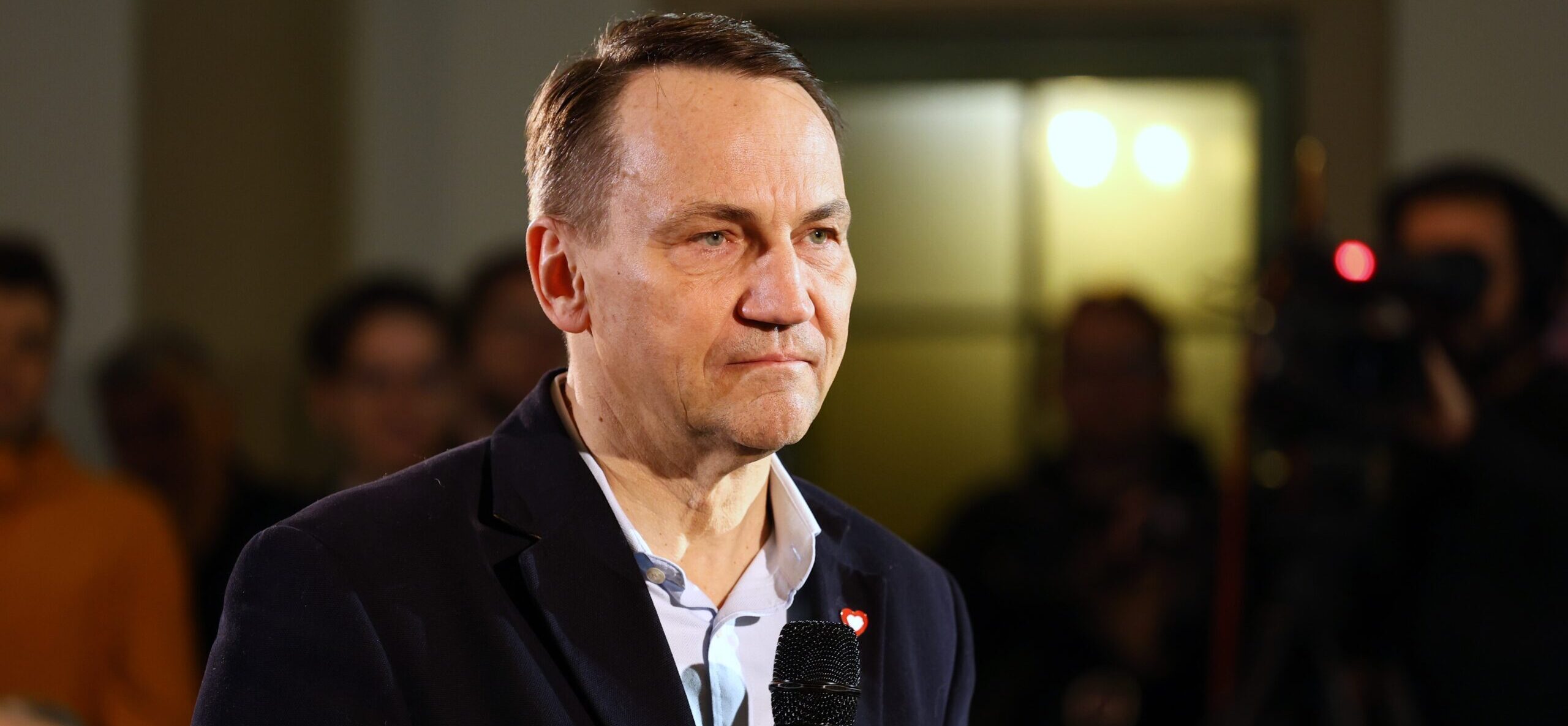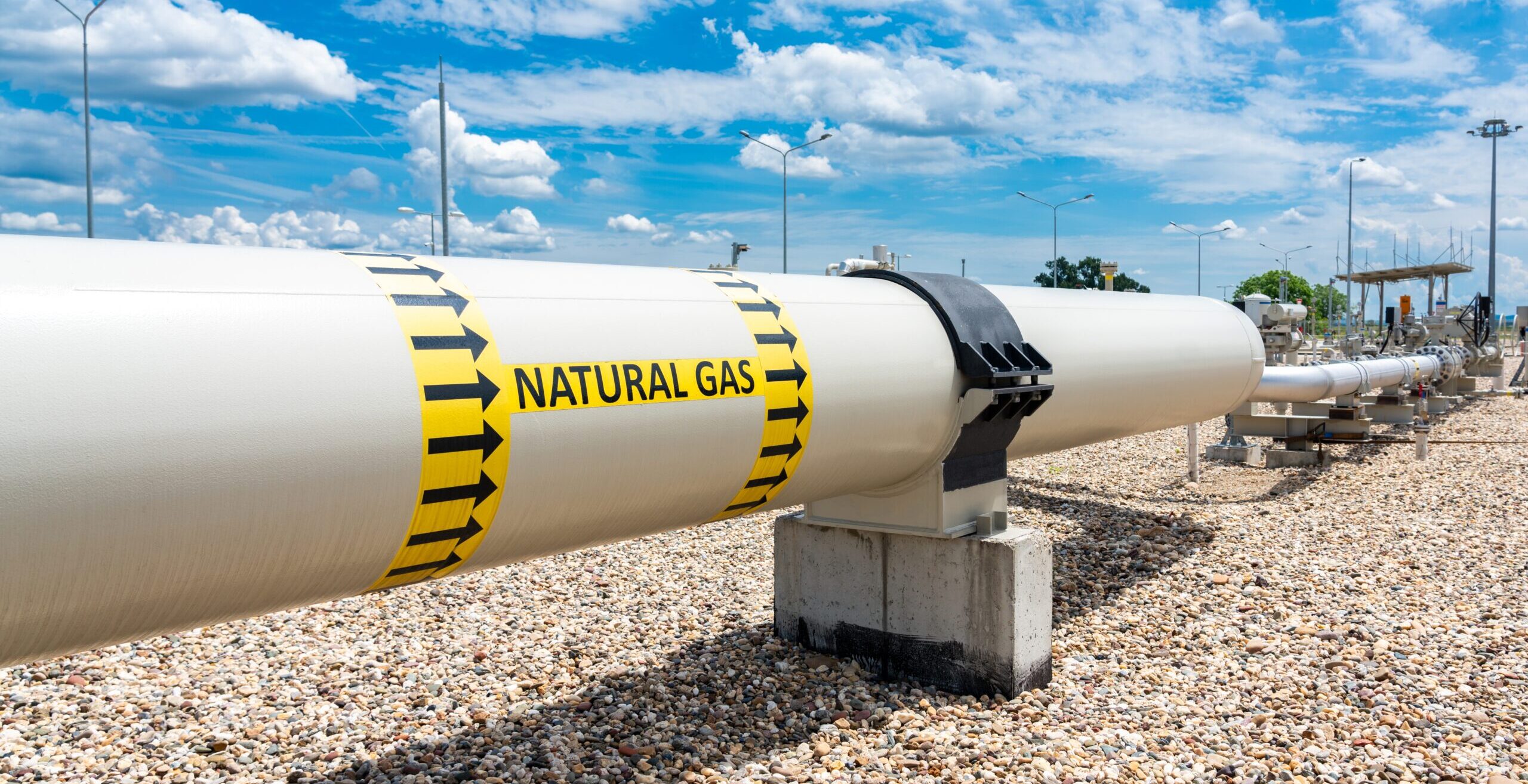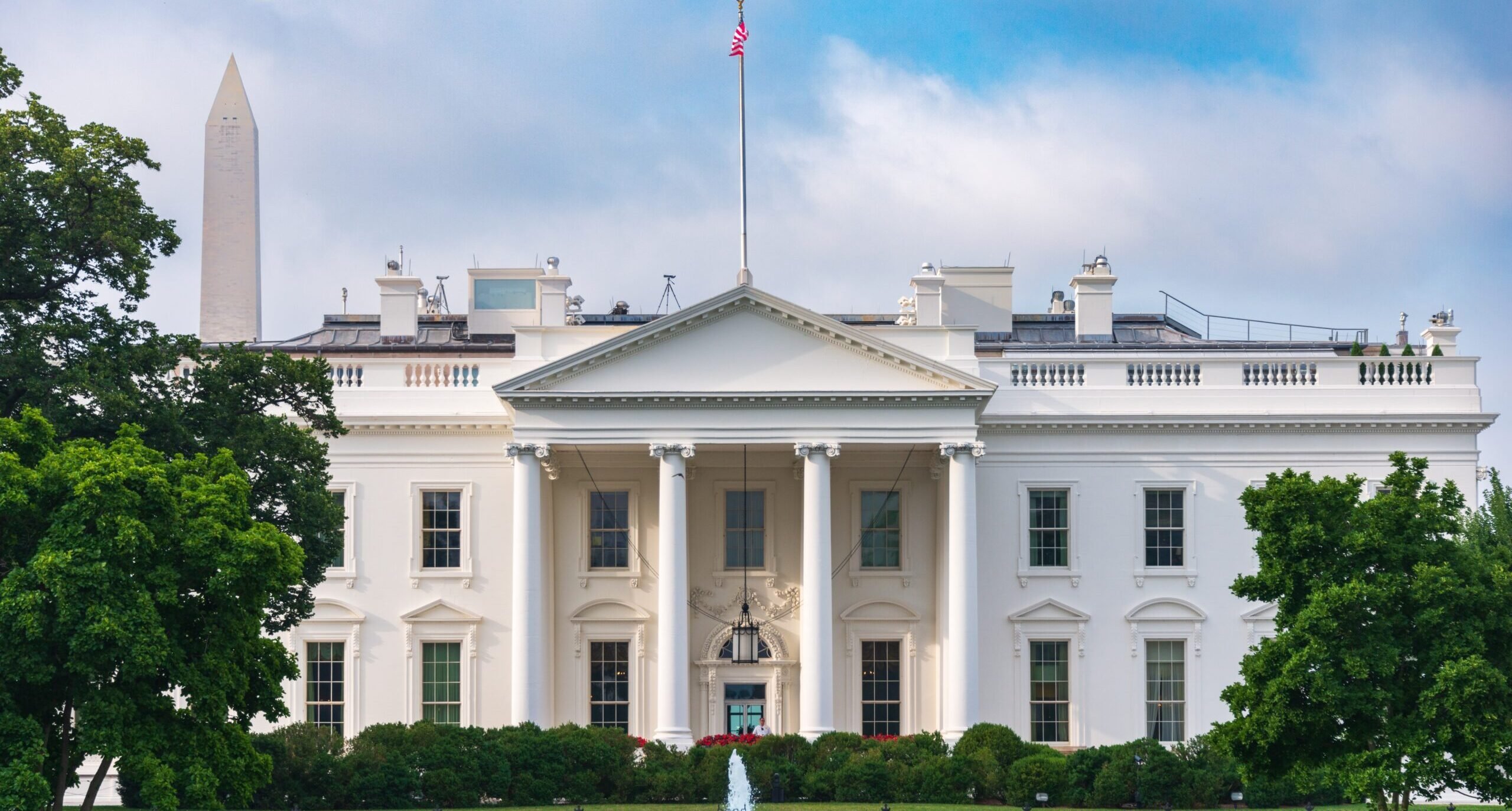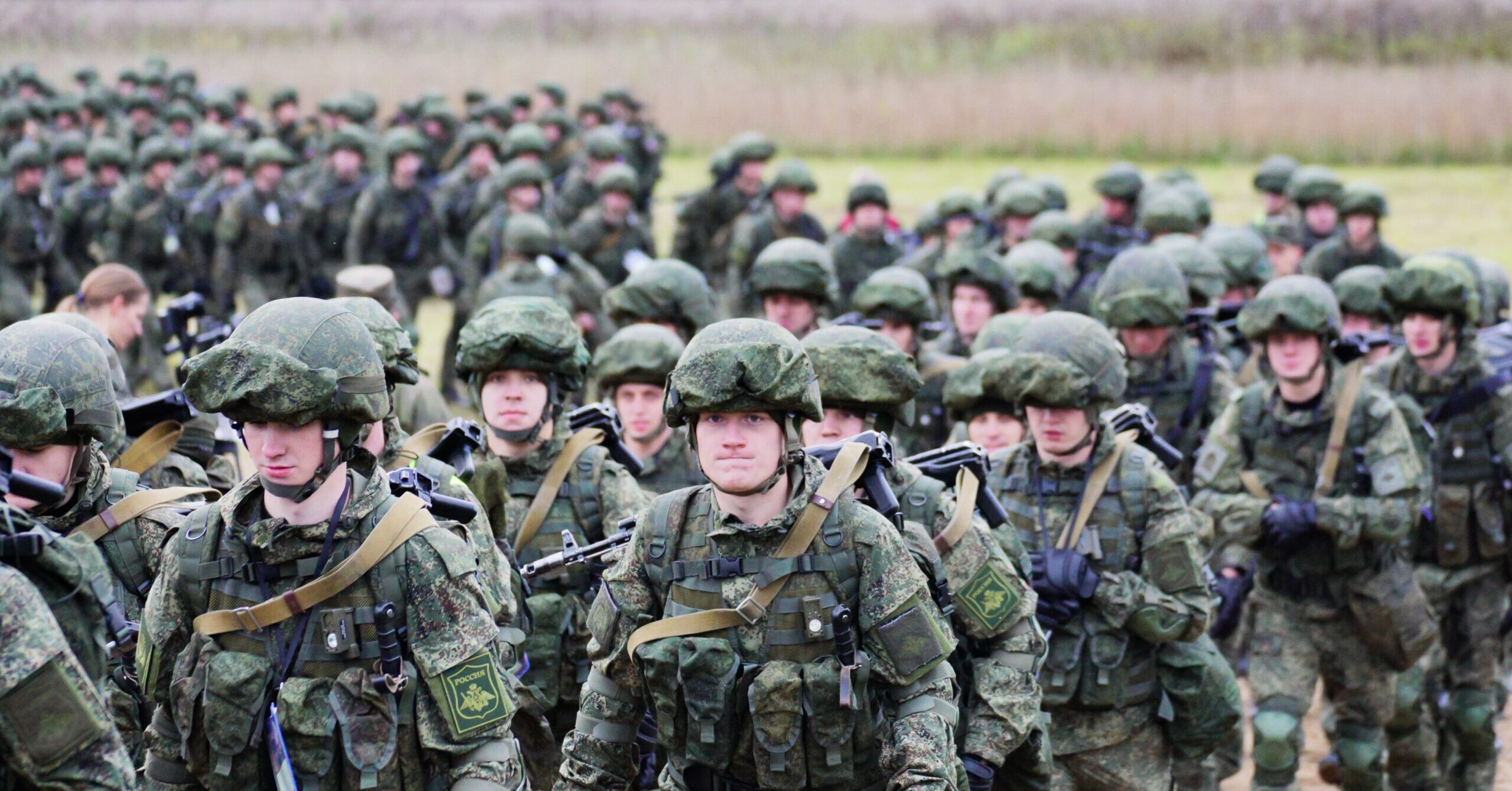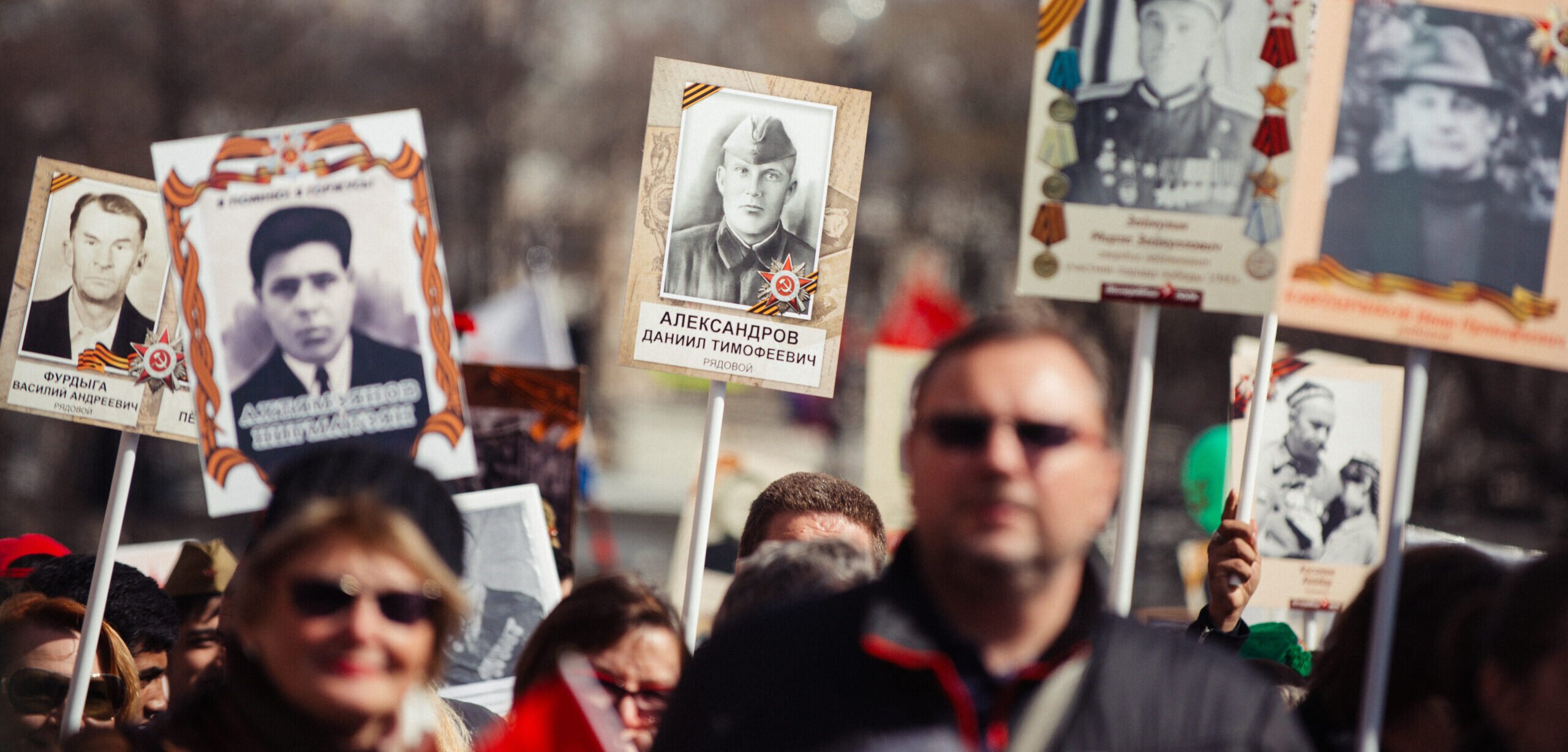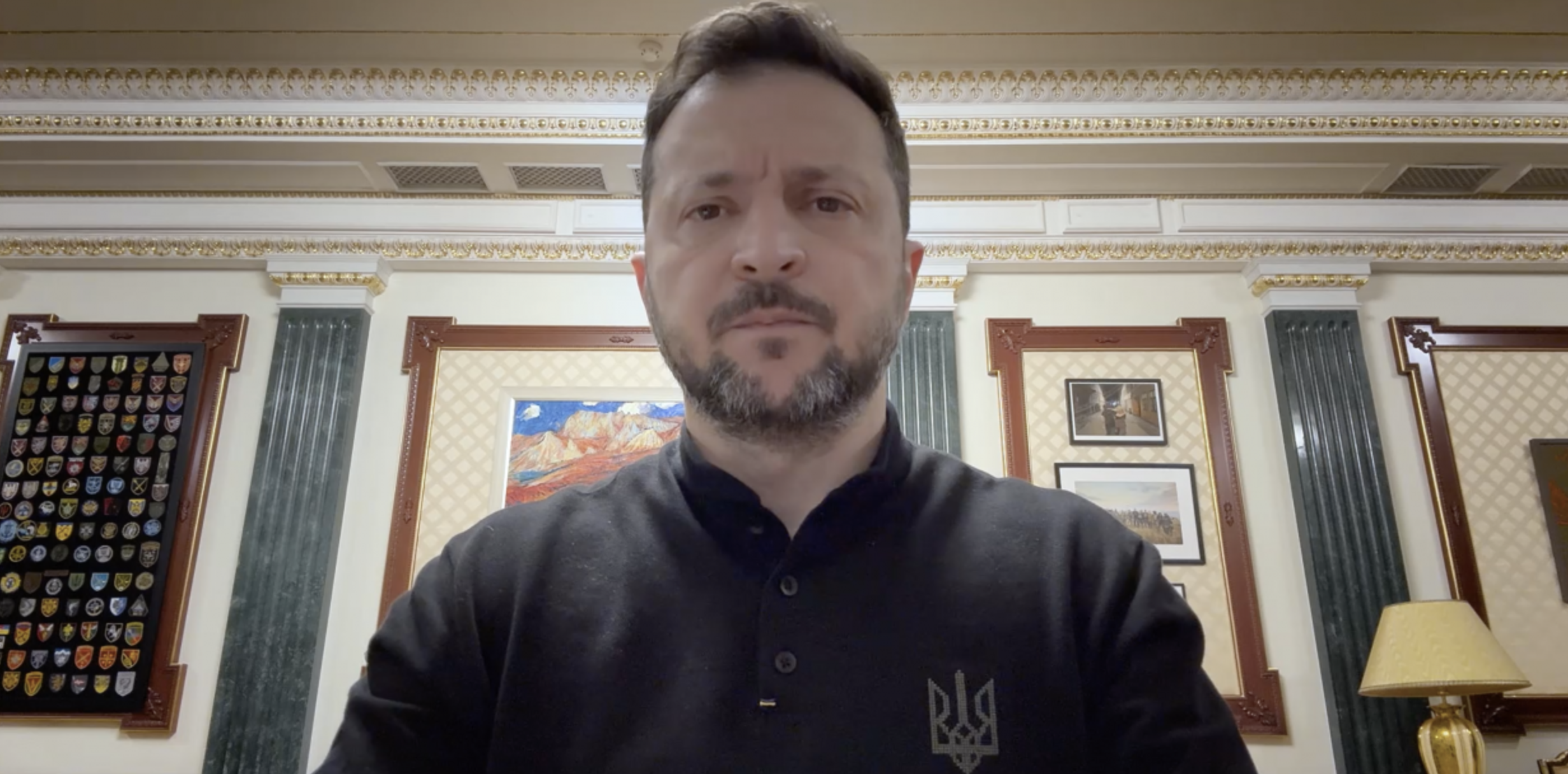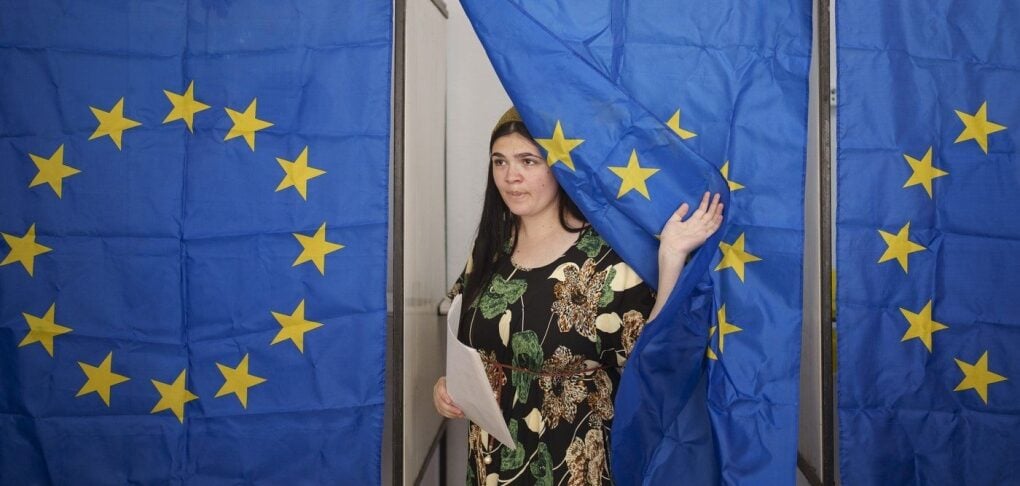
Europe has tallied the final results of the European elections. This vote directly influences the development of the European Union and sets trends for future national elections in its member states. Voting took place from June 6 to 9, with each 27 states organizing it independently. Citizens at home elect MPs from their national parties, which, in turn, are part of larger European political groups united by various political views. Ten such European parties operate at the European Parliament’s level. This year, Europeans elected 720 representatives to the EU’s supranational legislative body.
Despite alarming forecasts before the vote, the far-right parties did not triumph, although the number of far-right MPs in the new European Parliament will indeed increase. Meanwhile, the participation of the “greens” unexpectedly ended in failure.
The center-right European People’s Party (EPP), led by Ursula von der Leyen, won the elections, becoming the largest political group in the new European Parliament with 186 MPs. The Progressive Alliance of Socialists and Democrats (S&D) came in second, and the liberal political group Renew Europe, which supports Ukraine’s accession to the EU and provides military support to Kyiv, came in third. The European Conservatives and Reformists Group, led by Italian Prime Minister Giorgia Meloni, also strengthened its position, becoming the fourth largest faction. Meloni’s group is considered a potential coalition partner for the EPP if Ursula von der Leyen fails to secure the support of the liberals from Renew Europe. In any case, the pro-Ukrainian majority in the new European Parliament will be maintained.
As a result, the 2024 European elections will lead to the election of a new European Commission and changes in the leadership of the European Council, both of which are expected in July this year. The renewed governing bodies of the European Union will play the most crucial role in maintaining the unity of European states in supporting Ukraine.
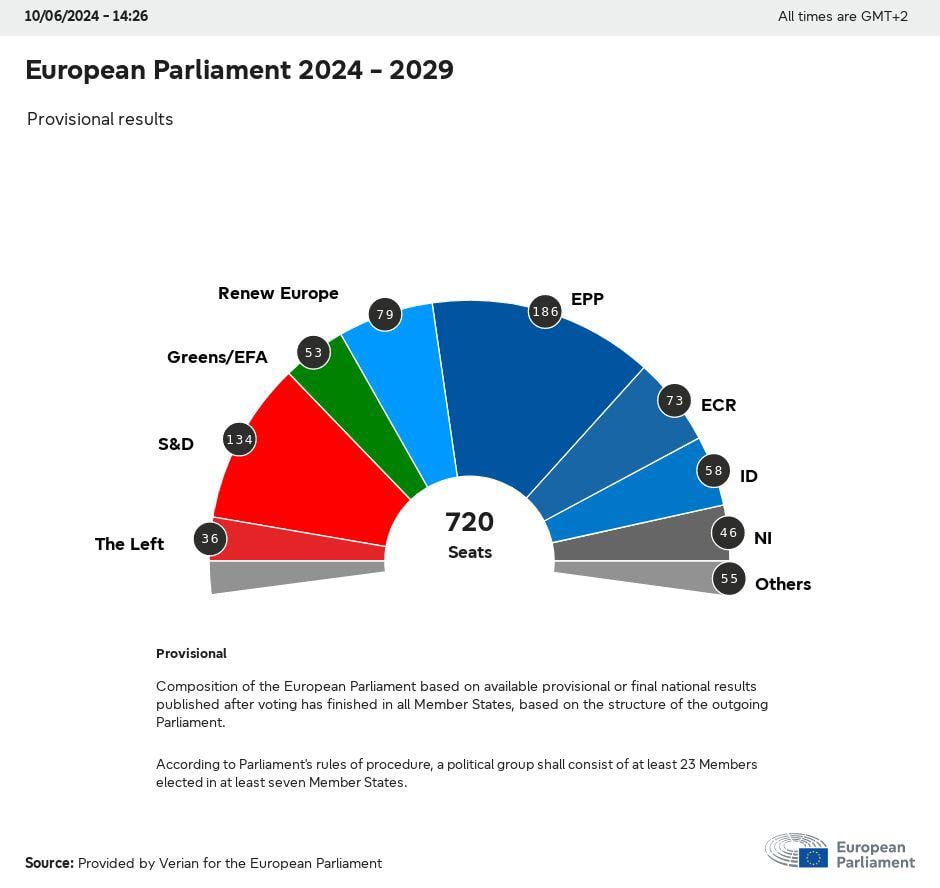
🇩🇪 In Germany, Chancellor Olaf Scholz’s ruling Social Democratic Party came in only third place. The opposition conservative Christian Democratic Union/Christian Social Union took first place. The controversial pro-Russian party Alternative for Germany finished in second place.
🇫🇷 In France, the far-right party National Rally, led by Marine Le Pen, achieved a triumphant victory with 31% of the vote. The party of Emmanuel Macron finished second, garnering half as many votes. Under pressure from critics and the far-right, President Macron decided to dissolve the French Parliament. Early parliamentary elections are scheduled for June 30 and July 7.
🇦🇹 In Austria, the local far-right pro-Russian Freedom Party of Austria mirrored the triumph of their French counterparts, securing first place with nearly 26% of the vote. The Christian Democratic Austrian People’s Party of incumbent Chancellor Karl Nehammer finished in second place by a narrow margin. The Social Democrats came in third.
🇧🇪 Similarly, the elections in Belgium resulted in a political earthquake, with the nationalist Vlaams Belang winning 14.5% of the vote. The conservative N-VA party finished second with a slight margin. The liberal party of incumbent Prime Minister Alexander De Croo, Open VLD, ended up in eighth place with 5.7%. After the election, Ukraine’s ally, Prime Minister De Croo, resigned.
🇭🇺 The election results in Hungary turned out to be a true political sensation. Prime Minister Viktor Orbán’s party, Fidesz (which is not part of any European political group), won the election but secured less than 50% of the vote for the first time in a long time. The real winner of the election, with 29.6% of the vote, is the party of Péter Magyar – a newcomer to Hungarian politics – who, for the first time in 14 years, presents a real political challenge to the pro-Russian Hungarian Prime Minister.
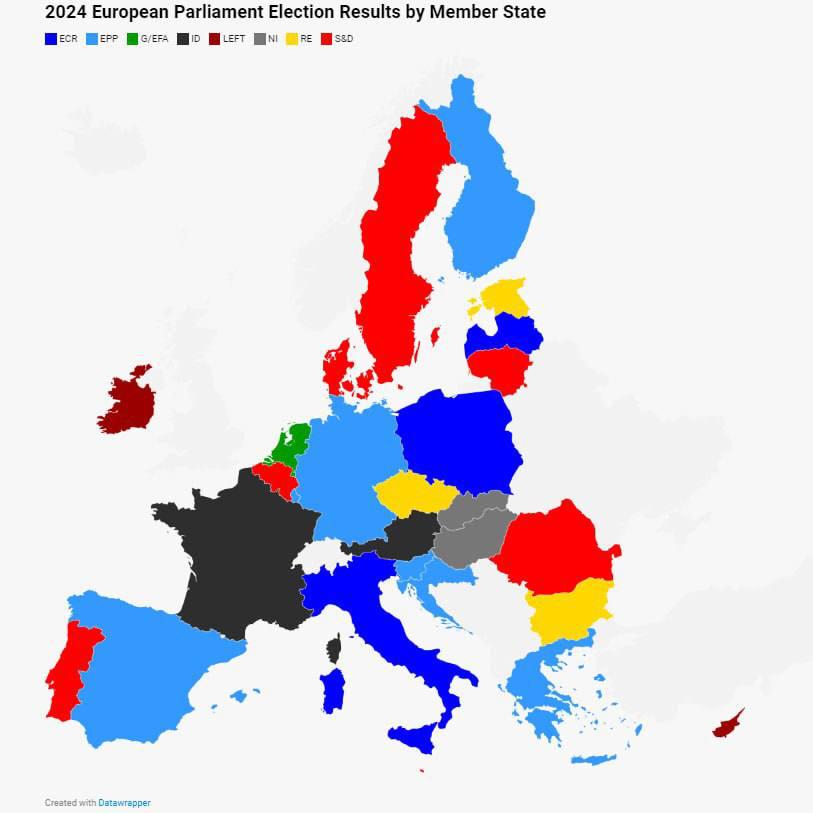
🇵🇱 In Poland, the Civic Coalition, the political force of incumbent Prime Minister Donald Tusk, won the European Parliament elections. The former ruling party, Law and Justice, came in second. A concerning development was the third-place finish of the far-right, anti-Ukrainian party Confederation.
🇮🇹 In Italy, the triumph in the elections went to the conservative party Brothers of Italy, led by incumbent Prime Minister and friend of Ukraine, Giorgia Meloni, with nearly 29% of the vote. The Democratic Party came in second with 24%, while the populists of the Five Star Movement received less than 10% of the vote, finishing third.
🇪🇸 In Spain, the opposition conservative People’s Party won the election. The ruling Spanish Socialist Workers’ Party of Prime Minister Pedro Sánchez finished second.
🇵🇹 In Portugal, the Social Democratic Party emerged victorious, while the Democratic Alliance of incumbent Prime Minister Luís Montenegro secured second place.
🇸🇰 In Slovakia, the Slovak opposition liberal party Progressive Slovakia took first place in the elections. The party of pro-Russian Prime Minister Robert Fico, Smer – SD, finished second.
🇨🇿 In the Czech Republic, the populist party ANO of former Prime Minister and oligarch Andrej Babiš won the election with 26% of the vote. Second place went to the SPOLU alliance of incumbent Prime Minister Petr Fiala.
🇬🇷 In Greece, the ruling New Democracy movement of incumbent Prime Minister Kyriakos Mitsotakis maintained its lead. The Syriza coalition of the radical left came in second.
🇳🇱 In the Netherlands, the nationalist Party for Freedom, which sensationally won the recent national elections and whose leader Geert Wilders opposed supplying weapons to Ukraine, took second place with nearly 18% of the vote. The coalition of left and green parties finished first with 21.6%.
🇷🇴 In Romania, the social-democratic alliance PSD-PNL achieved a convincing victory with nearly 49% of the vote, while the far-right AUR alliance finished second with 14.9%.
See the detailed voting results for each of the 27 EU countries at the following link.
Cover: open sources



